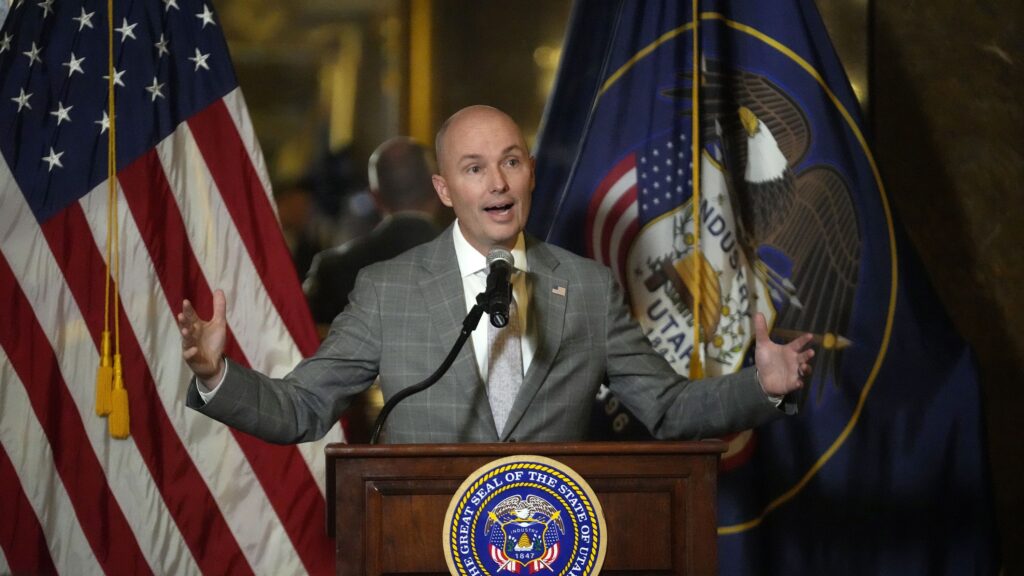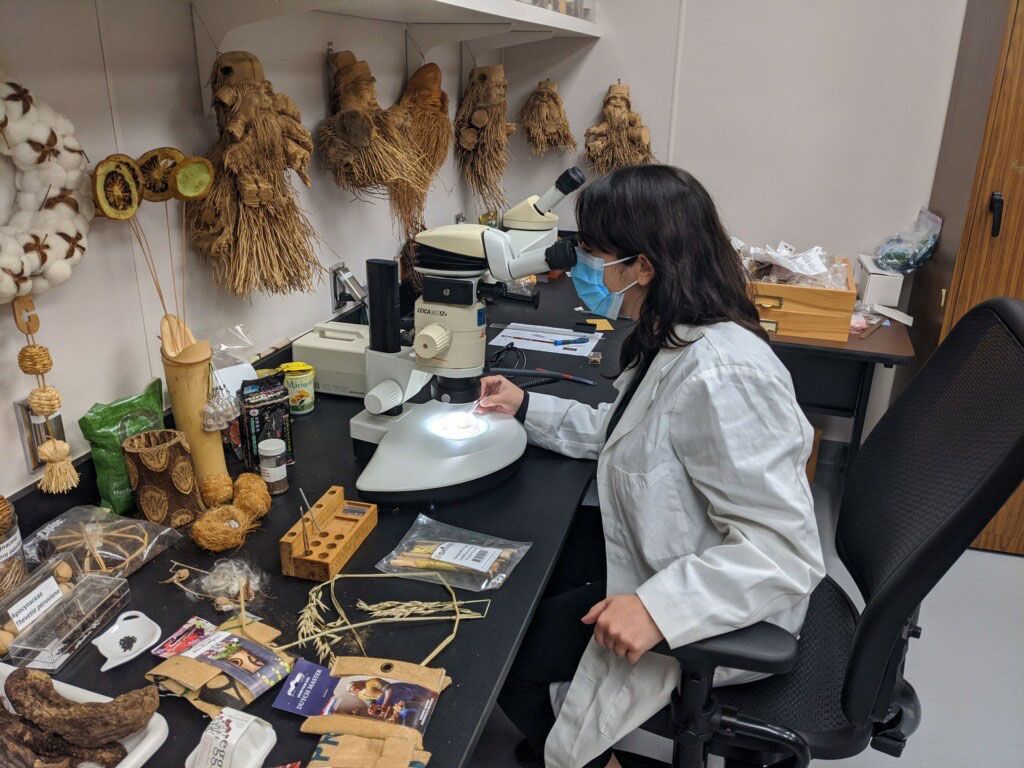Colorado Senate passes ‘transit-oriented’ housing bill with 2 dozen amendments
After several days of delays, the Senate approved a House proposal requiring metropolitan planning organizations to impose higher density goals in zoning.
The House approved the amendments, and House Bill 1313, which received a 19-15 vote in the Senate on Tuesday, now goes to Gov. Jared Polis, who is expected to sign it.
Four Democrats joined the Senate’s 12 Republicans in rejecting the measure, including Sens. Joann Ginal, Rachel Zenzinger, Chris Kolker, and Julie Gonzales, whose “no” vote is tied to the bill losing its ability to strip away state transportation funding from local governments that refuse to play along.
HB 1313 was amended 24 times in its trip through the Senate.
HB 1313 requires affordable housing to be constructed adjacent to transit. That means supported by public subsidies, “inclusionary” zoning ordinances, and deed restrictions, which restrict or limit maximum rental or sale price. The bill also requires a period when only low- or moderate-income households could qualify. The measure requires housing density in these “transit-oriented” communities at about 40 units per acre.
The measure applies to about 31 municipalities that are part of a metropolitan planning organization (MPO). Colorado has five MPOs: the Denver Regional Council of Governments, the North Front Range MPO, the Pikes Peak Area Council of Governments, the Pueblo Area Council of Governments, and the Grand Valley MPO.
Initially, municipalities that refuse to abide by the bill’s mandates would have been threatened with losing state transportation funding and the potential for a court injunction to force them to comply.
The Democratic “no” votes on Tuesday were all from lawmakers representing communities included in those MPOs.
The most substantial changes to HB 1313 occurred in committee hearings, with amendments to strip out the transportation penalty and court injunction. The bill also temporarily lost funding, about $35 million in tax credits paid for with TABOR surplus dollars. However, that money was added to another affordable housing tax credit bill, intended for HB 1313.
Another amendment added a way for municipalities to be exempted from the bill.
That language said a transit-oriented community could apply to the Department of Local Affairs for an exemption if the community believes the parcel cannot be developed for health and safety reasons, topography or other “practical limitations.”
Arapahoe County has seven transit centers but says land adjacent to some of those centers is not available for housing.
Arapahoe County Commission Chair Carrie Warren-Gully testified that her county has 90,000 units planned under local zoning laws but has not moved to the development stage because of labor shortages, infrastructure costs, building supply issues, and the current cost of borrowing.
The bill’s half-mile buffer around transit stations is also a problem that does not consider access barriers such as the I-25 corridor or the Highline Canal, she said.
“Some of the proposed transit areas in Arapahoe County, such as the Dry Creek station, are already developed with office and multi-family to the point that rezoning to allow more housing would have little effect in that area,” Warren-Gully told Colorado Politics recently.
The bill’s density requirement also got tweaked.
While it is still set at 40 units per acre, a number opponents said is too high, the bill now exempts a parcel where residential use is prevented or limited to less than 40 units per acre by state or federal regulation or deed restrictions tied to Federal Aviation Administration restrictions or environmental covenants.
It also exempts parcels that are required for utility easements or stormwater drainage.
HB 1313 now heads back to the House for review of amendments.










